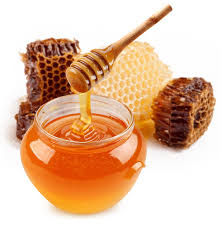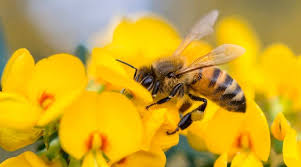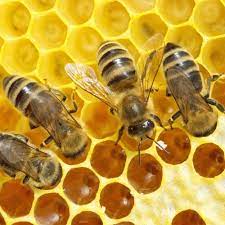CRETAN HONEY
Greece produces a variety of natural therapeutic substances such as herbs, honey, various types of teas, types of herbs and more. From the ancient Greeks came most of the information we already know about their miraculous properties, as they studied thoroughly and in detail everything related to human well-being and the medical field in general. One of these is Cretan honey.

Honey is an easily digestible food. It helps the body get rid of harmful substances and toxins as well as of consequences of bad habits like smoking or exposures to radiation.
Crete is rich in self-seeding plants, such as thyme, sage, bramble bush, oregano, pine, acacia, and arbutus as well as in, of course, cultivated citrus trees. Cretan honey is processed by natural methods without exposure to high temperatures, which destroy vitamins. According to official data, there are more than 2 thousand beekeepers on Crete, and it ranks fourth at the national level in terms of honey production.
Historic


Honey is an important source of subsistence for Cretans. The island ranks fourth at the national level for honey production. According to statistics from 2004, there are more than 2.200 apiarists on the island with more than 143.000 beehives.
Cretan honey is famed all over the world for its unique flavor, but also for its miraculous health benefits. Traditional honey produced on the island is raw and unfiltered, an all-natural product with distinctive, pure taste.
The main ingredient of Cretan honey is thyme. The main amount of Cretan honey is the natural blend of pine and thyme harvested in August. Other varieties of honey are pine, orange, sage, chewing, carob, and malotira honey.
